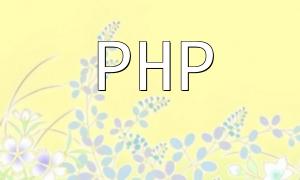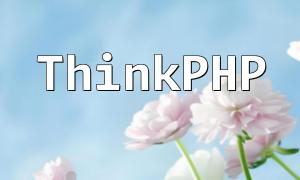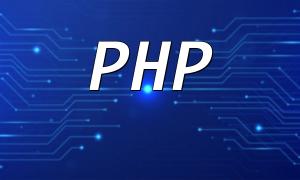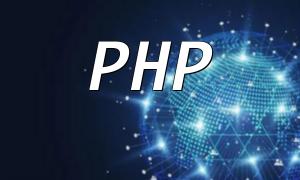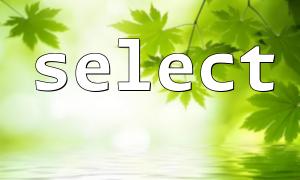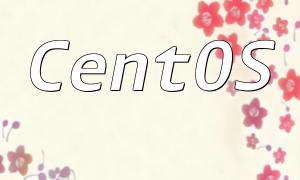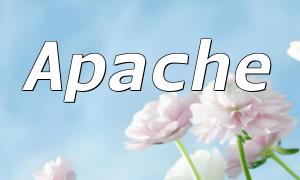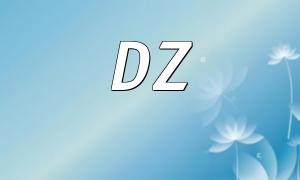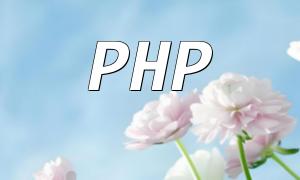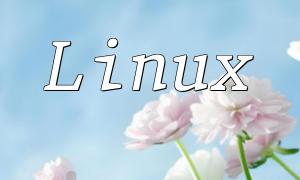PHP, as a widely used server-side scripting language, is an ideal choice for many beginners. If you want to know how to start your PHP programming journey, this "PHP for Beginners Guide" will provide you with valuable guidance.
PHP (Hypertext Preprocessor) is an open-source language primarily used for web development. It has several obvious advantages:
Easy to learn: PHP's syntax is simple and clear, making it perfect for programming beginners.
Community support: PHP has a large developer community, so you can easily find tutorials and solutions.
Cross-platform compatibility: PHP can run on multiple operating systems, including Windows, Mac, and Linux.
Before diving into PHP, it's essential to master its basic syntax. Here's an example to kick-start your PHP learning journey:
echo "Hello, World!";This simple code will output "Hello, World!" to the browser. Now, you have a basic understanding of how to write PHP code.
Before you start writing PHP code, you need to set up an appropriate environment. Here are a few steps to help you install PHP:
Download and install a web server, such as Apache or Nginx.
Install PHP and configure the web server to integrate with PHP.
Choose a database (like MySQL) to store and manage data.
Finally, install an Integrated Development Environment (IDE) like PHPStorm or VSCode to make writing and debugging code more convenient.
Once you have set up the environment, you can start learning some key concepts:
In PHP, variables are used to store data. To declare a variable, simply use the `$` symbol, like this:
$name = "John Doe";
$age = 25;Control structures include conditional statements and loops. In PHP, you can control the flow of the program using structures like `if...else`, `for`, and `while`. For example:
if ($age >= 18) {
echo "You are an adult.";
} else {
echo "You are a minor.";
}After mastering the basics, it's essential to further enhance your PHP programming skills. Here are a few ways to do so:
Take online courses or training programs to dive deeper into PHP's advanced features.
Read professional books and documentation to stay updated with the latest development trends.
Engage in open-source projects and communities to gain practical experience and feedback.
Learning programming requires time and patience. The "PHP for Beginners Guide" aims to help you better understand the fundamentals of PHP and its practical applications. As technology continues to evolve, continuous learning is key to becoming an excellent developer. I hope you succeed in your PHP learning journey!
Finally, don't forget to practice regularly, review, and update your knowledge to keep improving your programming skills!
